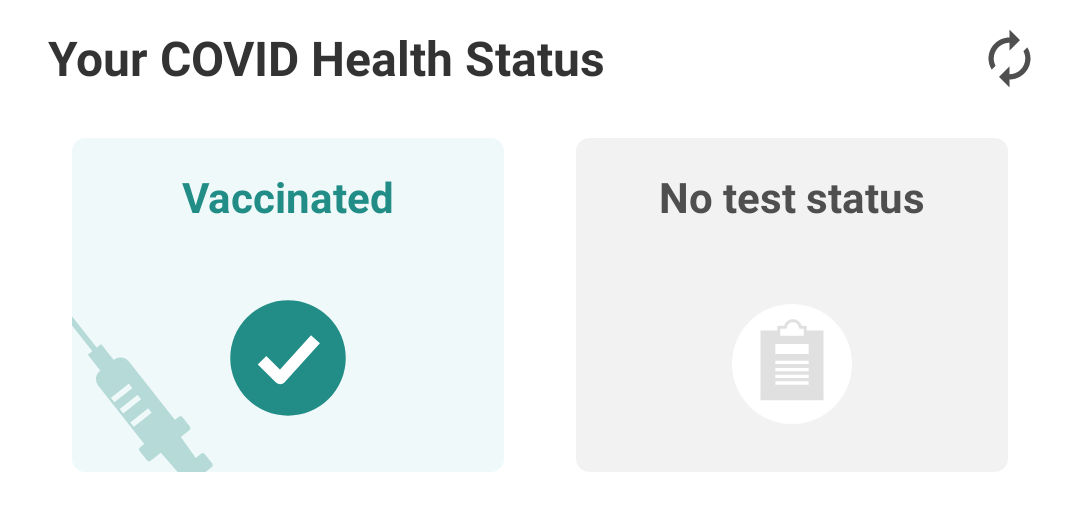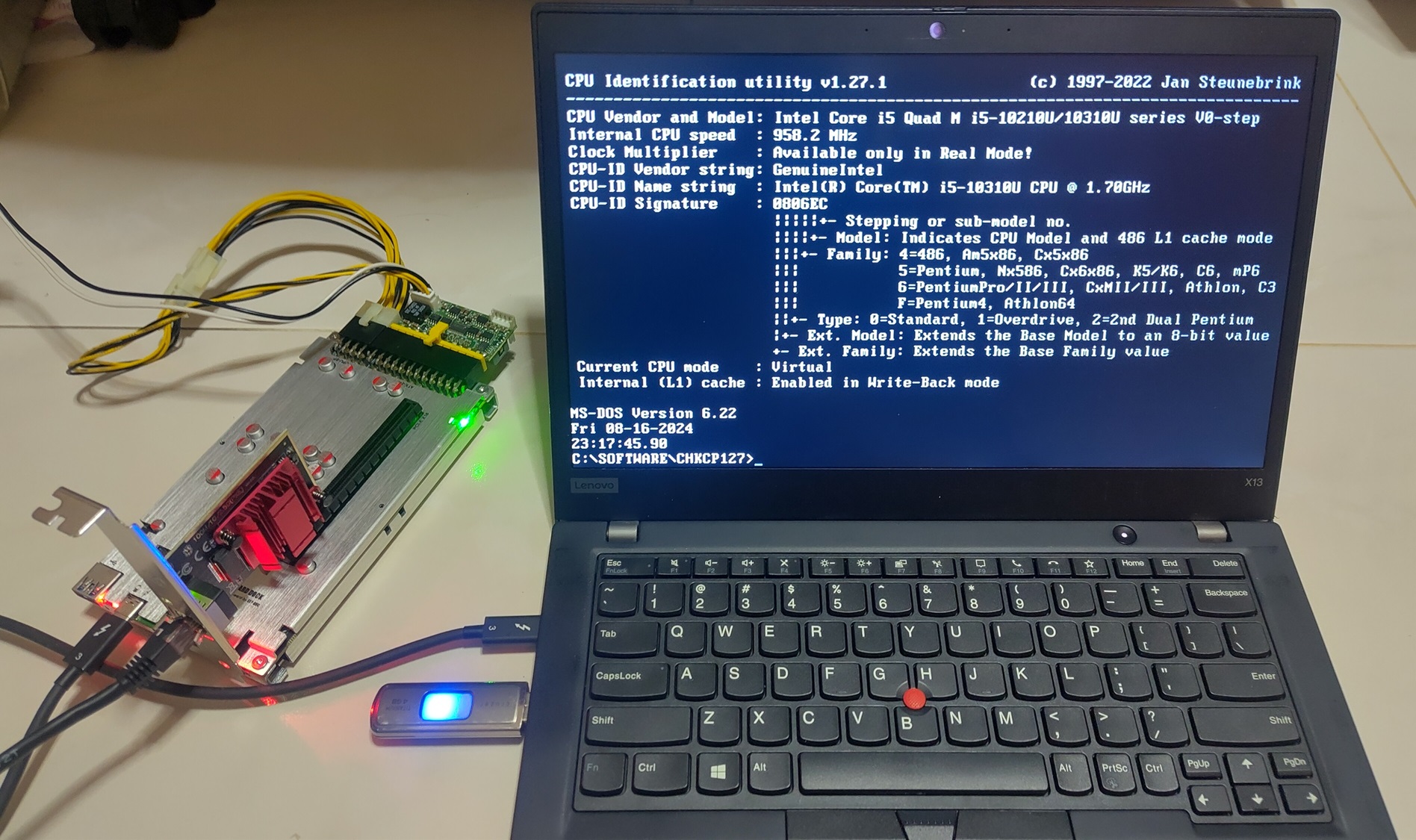
Singapore’s COVID vaccination programme has been doing very well by worldwide standards at 76% who received 2 doses since 16 Aug 2021.
Forgive me for stating the obvious but I’m part of this majority group. I’m considered fully vaccinated as I’m more than 2 weeks past my second shot. Still, I don’t subscribe to the mentality that that should be the end of the story for me.
Throughout my interactions in daily life, I have met some people for some reason or another, have not chosen to get vaccinated. In absolute numbers, the size of this group is still significant even after taking away children under 12 who cannot be vaccinated.
The word “anti-vaxer” has been thrown around a lot to describe this group of people but I believe the situation is never as simple as a label.
I chose to listen to them to find out what are some of their concerns and if possible see if I can persuade them to change their mind. In those conversations, I have to admit I gained a lot as well, hence I decided to write this post to share my consolidated learnings and my opinions on what best to do and not do when trying to convince them.
Concerns of the unvaccinated
This is a list of concerns that I felt actually hold some weight. I decide to look more into them and see what are the best ways to address these points.
Note that listening and understanding their concerns does not equate to agreeing with them.
This list is also non-exhaustive. For each section, I shall quote a paraphrased version of their view and I will address their view below.
Vaccines are only for emergency use and not fully FDA approved
Most other vaccines require full FDA approval before they can be used. If these COVID vaccines are so good, why do they not meet this international gold standard? Why only emergency use?
I spent time to go through this to understand the logic of those that hold this view.
Certification is common for safety-critical products made by a private company.
Let’s take airplanes for example, every airliner in the world needs to be certified by the aviation authorities before they can be approved to be used commercially. No one will accuse the professional aerospace engineers for being deliberately negligent in their jobs and testing, but third party check and balance is still needed to maintain aviation safety.
This argument therefore applies to these vaccines as well where the US agency in charge of regulating this is the Food and Drug Administration (FDA). Similar agencies in other countries have their own standards but the FDA is anecdotally one of the most influential.
This Emergency Use Authorisation by the Food and Drug Administration (FDA) says
Under an EUA, FDA may allow the use of unapproved medical products, or unapproved uses of approved medical products in an emergency to diagnose, treat, or prevent serious or life-threatening diseases or conditions when certain statutory criteria have been met, including that there are no adequate, approved, and available alternatives.
https://www.fda.gov/vaccines-blood-biologics/vaccines/emergency-use-authorization-vaccines-explained
The vaccines may have gone through many well-run clinical trials, done by the most competent vaccine engineers, set up the best factories, but a third party regulator must take time and go through a process to verify this. FDA has rightly recognised the pandemic situation and issued the Emergency Use Authorisation for this while they go through the full process.
What can be said
The word “unapproved” carries a negative connotation and as ordinary people, we can do nothing about this process. However, we can raise these points:
- Pfizer could get the full approval soon even by early next month and Moderna will be soon to follow
- No full approval yet does not mean the vaccine has a problem. Part of the reason of the long process is because of mandated 6-month wait time after the last Phase trial.
Safety assessments throughout clinical development should include….Serious and other medically attended adverse events in all study participants for at least 6 months after completion of all study vaccinations
FDA Development and Licensure of Vaccines to Prevent COVID-19 (Guidance for Industry)
Section V.F page 18, https://www.fda.gov/media/139638/download
- Emergency Use Authorisation still implies the product is relatively safe.
Clinical trials are evaluating investigational COVID-19 vaccines in tens of thousands of study participants to generate the scientific data and other information needed by FDA to determine safety and effectiveness. These clinical trials are being conducted according to the rigorous standards set forth by the FDA.
I also do wish that the FDA will quickly approve the vaccines without cutting corners of course to give more people that peace of mind.
Side effects
I’m fearful of the side effects. I have heard people get heart problems, bad fevers…. etc. I have a daily-rated job (or some other job that has no sick leave). I cannot afford to not turn up for a day or to fall sick.
What can be said
- Acknowledge that side effects do exist and are normal for many people.
- I would try to use statistics to show the probability of adverse side effects are extremely rare. But I would not downplay them just because they are uncommon. FDA acknowledges there is an increased risk of heart inflammation and the adverse events associated with the vaccines MOH has reported. These statistics show that the probability of severe side effects is extremely low.
- For long term side effects:
The vaccine mRNA only persists for two days before it is naturally broken down by the body. It does not enter the nucleus of cells and hence cannot interfere with the DNA of the vaccine recipient.
https://www.moh.gov.sg/covid-19/vaccination/faqs---general-information-on-covid-19-vaccines
- I was asked what were my side effects. I was truthful. Mine was pretty bad actually but I was clear it was temporary.
- Consulting with their doctor is always the best option especially if there are some pre-existing conditions. If there is a high risk of a potential problem, then yes, it’s alright to not continue.
- About the not being able to afford to fall sick, I have to honestly say nothing ordinary people can do for this. This is where the government should step in. In addition to compensating for the adverse side effects associated with the vaccine, compensate lost wages due to less-serious side effects instead of just sick days which is a cost borne by the employer or person.
Safety and short testing time of mRNA vaccines
There is no mass usage track record of these mRNA vaccines prior to the pandemic. I can’t be sure they can be safe especially since they have not been tested much over time.
What can be said
- mRNA vaccine research has actually been going on for many decades. Scientists were already working on an influenza vaccine when COVID came up hence they just pivoted to match this specific virus.
- Government has set up a Vaccine Injury Financial Assistance Programme for COVID-19 Vaccination (VIFAP) to provide financial assistance in case there vaccine-related problems encountered. This Programme is not lip service and in fact has paid out to genuine cases like the 16-year-old boy who suffered a cardiac arrest after weightlifting after his first dose
- If all else fails, I suggest an non-mRNA alternative like Sinovac or upcoming Novavax vaccine. Taking any vaccine in the WHO list is still better than no vaccine.
Vaccinated people are still affected
Vaccinated people can still get infected and spread the disease. There are smallpox and polio vaccines which works close to perfect. This isn’t a COVID vaccine, this drug merely alleviates the symptoms.
Worse, vaccinated people can still spread the disease with milder or no symptoms. It makes it harder to know that you are sick. Better I not take the vaccine, if I get sick, at least show symptoms faster and isolate myself quicker.
What can be said
- It’s true vaccinated people can still get infected and spread the virus but the probability is lower.
A growing body of evidence indicates that people fully vaccinated with an mRNA vaccine (Pfizer-BioNTech or Moderna) are less likely than unvaccinated persons to acquire SARS-CoV-2 or to transmit it to others.
https://www.cdc.gov/coronavirus/2019-ncov/science/science-briefs/fully-vaccinated-people.html
- The breakthrough cases are due to the Delta variant which has mutated beyond the original virus the vaccines were initially developed for. It’s not the fault of the vaccines. In fact, it is pretty amazing the vaccine still prevents severe illness despite the mutations. If the smallpox or polio virus mutates, we would also expect their vaccines to lose their effectiveness.
- On the point of milder symptoms hiding the disease, it’s the symptoms that are more likely to transmit the virus. If you are unvaccinated and get COVID, you would have spread the virus far more before you can isolate yourself.
Although asymptomatically infected individuals can theoretically transmit Sars-CoV-2 to others, real-world data from vaccinated countries suggest that - without coughs and sneezes that expel the virus - such instances are relatively uncommon.
COVID Vaccine makers being immune from liability
COVID vaccine makers are immune against liability for claims if anything goes wrong. If these vaccines are so safe, why they don’t have the guts to be accountable for their products? They reap billions in privatised profit during this pandemic but socialise the potential liabilities. From an ethical point of view, I cannot agree to take the vaccine.
Now I wasn’t sure about this point so I went to the link that was given to me. Let’s just say there seems to be a strong legitimacy to this claim. It really made me uneasy when I read through that document.
I’m not sharing the source openly as I cannot verify that authenticity and reliability. You can use the power of Google to find out more.
What can be said
I don’t have a very good counter-argument for this point.
Even so I recognise in practice the real world is never squeaky clean, pharmaceutical companies are still private companies with a profit motive and they have to recover R&D costs. They would do whatever means they can get away with to stack the benefits in their favour.
Fortunately the real world results and regulators have shown the vaccines work, the benefits outweigh the costs. The ends of saving many lives justifies the means of doing the ugly behind-the-scenes work in this case even though I cannot say this with the best conscience.
Still, I have to acknowledge this ethical reason could come quite close to being a valid non-medical reason to not take the vaccine.
What I would refrain from doing?
Note this are just my opinions on what I would avoid when dealing with the unvaccinated as it could make things worse.
Label all of them as anti-vax people
Before I continue, let’s first align on the definition of “anti-vax”.
I took definitions from Oxford and Cambridge which are the 2 most authoritative dictionary sources.
Cambridge
: used to describe a person or group that does not agree with vaccinating people and spreads and encourages opinions against vaccines
https://dictionary.cambridge.org/dictionary/english/anti-vax
Oxford
: opposed to vaccination
https://www.oxfordlearnersdictionaries.com/definition/english/anti-vax
The Oxford’s definition depends heavily on the meaning of “oppose” so hence I shall look it up also.
: to disagree strongly with somebody’s plan, policy, etc. and try to change it or prevent it from succeeding
https://www.oxfordlearnersdictionaries.com/definition/english/oppose
Context
Both Cambridge and Oxford align quite well, to describe people as anti-vax, they must disagree and take proactive steps to spread that belief. It is much stronger than simply not taking the vaccine by themselves.
The stand
Now with this context, I put forward that placing the anti-vax label on people that do not accurately reflect their stance may cause them to harden their views and cause a self-fulfilling prophecy. Driving them away precisely when the conversation needs to be open.
Things are not binary as well that not taking the vaccine now means a person is disagreeing with the vaccine. There is a large spectrum of people of people who may have various reasons why they have not taken it. Some could be so extreme they spout nonsense in public or in social media, others could be your friends, colleagues and your family with genuine concerns. I personally know people in those 3 categories and I can say they do not deserve the anti-vax label.
Do not let some bad apples cause you to tar all of them with the same brush. Every one is an unique individual with different considerations.
Taking the vaccine is a proactive choice and not mandatory. The default option is actually being unvaccinated. Therefore the burden of convincing someone to move away from default unvaccinated status actually lies with the government and society.
Within reasonable effort, listen to their concern, seek to understand why they think that way and try to convince them.
Dismiss their reasons outright
Medical reasons and allergies are the strongest universally acceptable reasons to not get vaccinated. Having said that, medical reasons may not be the only valid reasons why one cannot take a vaccine.
Other possible reasons can include but not limited to those in the categories of ethical, cultural, religious etc.
Some hypothetical ones:
- A particular vaccine may use raw materials that are not approved for consumption by my religion
- The production process to make a particular vaccine is not ethical as it generates a lot of pollution that harms people and the environment.
What can be said
If the reason and evidence cited is sound, the possibility is open that it can be valid for them. Otherwise I would point out any incorrect logic depending on the reason.
The only way to learn about it is to hear them out and process their reasoning.
Conclusion
After composing the points above, I realised that this issue is less straightforward than it seems at first glance.
Many of the people who have not gotten vaccinated are not the cranks or conspiracy theorists we may assume them to be. They are probably just being hesitant. Engaging kindly with them especially if you are someone they trust might just be enough for them to tip over.
One should always be open to new ideas and information especially from people that you may not agree with and not shut down that discussion. You may never know what you can gain from them. It’s only after talking to them that I learned some interesting points.
In the absence of a mandatory vaccination policy, the only way is to listen and convince those who have not get vaccinated to do it. The burden is on us.





